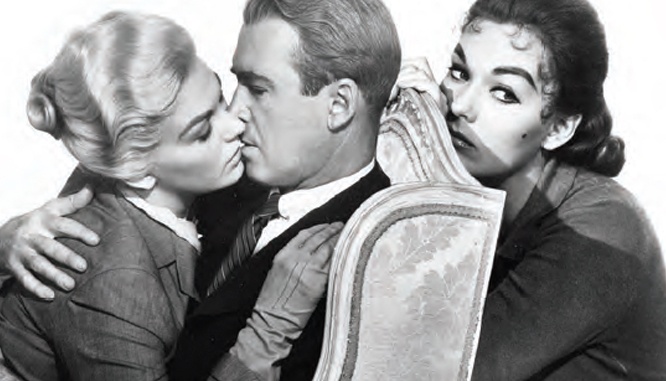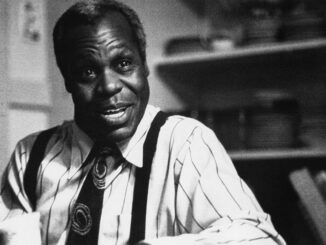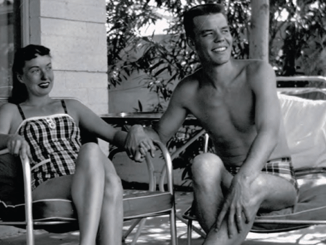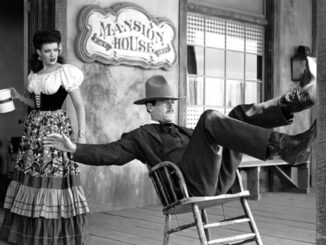
by Paul Blyskal
One of my earliest memories is of my mother taking me into Manhattan from Brooklyn one gloomy morning, on a subway train crossing the East River. I remember being awed by the unfathomable magnitude of mid-town, buildings taller than the tallest trees, alongside an observation my mother made. I don’t remember what led into it, but the topic of death came up and she gently mentioned, “You know, one day I’m going to die, right?”
The inexplicable horror my young mind felt at imagining the prospect! She was quick to allay my concerns: “Not for a very long time, of course.” I wrestled with the thought for a minute or two, and, overwhelmed, I gradually had to set it aside. “Not for a very long time,” I decided, meant effectively, “Never.”
From these early days on, it was my mother, a National-Magazine-Award-winning writer, who taught me my love of story. She would take my sister and me to plays and art house movies in places like New York and London; she would read to us, as children, the classics and encourage us to break down the characters and themes. Ultimately, she inspired us to pursue storytelling careers in Hollywood. My sister became a screenwriter, while I became a story analyst for Netflix.
It was right before my first trip to California, at 17, that I saw Alfred Hitchcock’s “Vertigo” for the first time. The film captured my imagination with its romance and profundity. Along these lines, my mind is always drawn to the scene among the redwoods, those symbols of immortal time, where Madeleine (Kim Novak) tells Scottie (Jimmy Stewart) about her past life. Distantly, hauntedly, she delivers an apostrophe to a section of felled tree, touching the rings that mark the centuries of its life: “Here I was born…and there I died…it was only a moment for you…you took no notice.” Moments later, she and Scottie kiss against the backdrop of the ocean, the crashing force of the waves reminding us of a timelessness beyond the redwoods. Death and Time…and against these, the story seems to say, stands only Love.
“Vertigo,” as a story, offers a unique perspective on the nature of Love. Scottie knows very little about who Madeleine is, and yet he becomes mesmerized by her from the smallest details…the way she wears her hair, her mysterious daily rituals. So much of what he falls for is a tale he’s being told. The film shows how love develops not so much from the way we know another person, but from the way that other person (and the story they tell us) captures our imagination. In this way, Love and story are both alike. We feel most alive when we are lost in a good story…or when we love another person. And the best stories, like the truest loves, live on within us forever.
My mother was very much a New Yorker, but in her final years, when she was battling cancer, my sister and I persuaded her to move in with us in Los Angeles, so we could care for her. It’s at this point that she and I watched a few of my favorite Hitchcock films, including “Vertigo.” Watching that film’s heroine, a woman of depth and mystery, like my mother, I realized Kim Novak’s entire performance — among the redwoods, beside the ocean, at the mission — cries out in effect, over and over, “You know, one day I’m going to die, right?” The same sentiment my mother had imparted to me as a child.
I realize now in looking back on my mother’s final day, that I was not only losing her; I was bidding farewell to that child who, on a subway crossing the East River, had refused to face the prospect of mortality — a human experience presaged in my earlier viewing of “Vertigo.” We all lose the people we love in the end, but the way they touch our hearts is one of the only immortal experiences in human life. It all goes back to the sad, hopeful, sobering thought I had in watching “Vertigo” with my mom in her final years: there is Death and there is Time… and against these, stands only Love.
Paul Blyskal is a story analyst for Netflix, working toward becoming a screenwriter and novelist himself. He can be reached
at pjblyskal@gmail.com.





